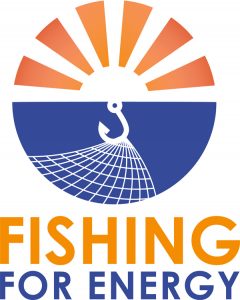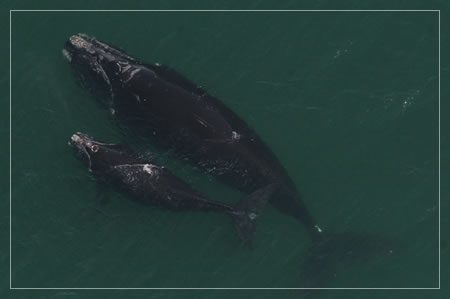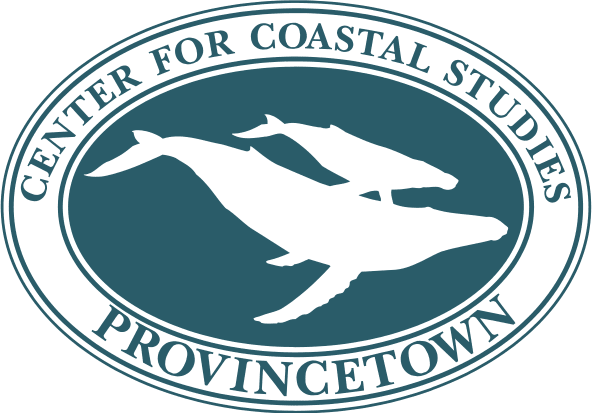January 16, 2020 – DAY ZERO
Caroline Howlett, Research Documentation
Ed. Note: On January 16, 2020, the Center for Coastal Studies hosted a meeting for all participants in the NFWF Fishing for Energy project called “Removing and Intercepting DFG [derelict fishing gear] from Cape Cod Bay Right Whale Critical Habitat”. Attendees included the CCS sonar survey and field work teams, contracted lobstermen, harbormasters, pier managers, shellfish constables and volunteers, one of whom penned this impression.
Having exclusively worked on the water in a nonscientific sense, I had no idea what to really expect walking into the first meeting with the CCS staff, contracted fishermen and shellfish constables. To be perfectly honest, I didn’t know a job position such as a shellfish constable even existed prior to walking through the front door.
Following introductions, Laura Ludwig, the project’s director, walked us through the different target locations within the Bay and the south section of the Bank. Divided into five areas of interest, the process of each recovery mission was outlined with expectations for data recording and overall, how the assembled team would tackle the different aspects of the project.
We then discussed the various areas that had been surveyed (see below) by the Center for Coastal Studies side-scan sonar team, Terri Smith and Ted Lucas. The various areas were then looked over by the commercial fishermen most familiar with each area and areas of expanding the sonar surveys were noted.
 Other topics discussed were equipment management, training of research assistants deploying on recovery missions, sonar surveillance imagery pertaining to derelict gear recovery as well as improvement of public outreach with the intentions of this project.
Other topics discussed were equipment management, training of research assistants deploying on recovery missions, sonar surveillance imagery pertaining to derelict gear recovery as well as improvement of public outreach with the intentions of this project.
My assignments pertain mostly to how to get the volunteers, supporters and donors of the Center for Coastal Studies involved and in the know about the intimacies behind various projects. As conservationists, we want people to see the results of the labor we put in to serve the natural world. It’s important to show the difference we’re making and what we’re learning. Although this project has been in existence for over five years in Cape Cod Bay, it’s still relatively uncharted waters. Working in documentation on a research level is new to me — before this project I’ve worked in film documentation, which is similar in that I record what’s happening — but by working so closely with the team, what I’m able to capture is far more intimate. It’s an incredible learning experience for myself and everyone involved. Can’t wait to get out on the water!
Read more: Day One – Field Work
 This project funded in part by the National Fish and Wildlife Foundation’s Fishing for Energy program.
This project funded in part by the National Fish and Wildlife Foundation’s Fishing for Energy program.

Our Work
Humpback Whale Research
Right Whale Research
Marine Animal Entanglement Response
Marine Geology Department
Water Quality Monitoring Program
Marine Fisheries Research
Seal Research
Shark Research
Marine Education
Interdisciplinary
Marine Debris and Plastics Program
Marine Policy Initiative
Cape Cod Climate Change Collaborative
Publications

